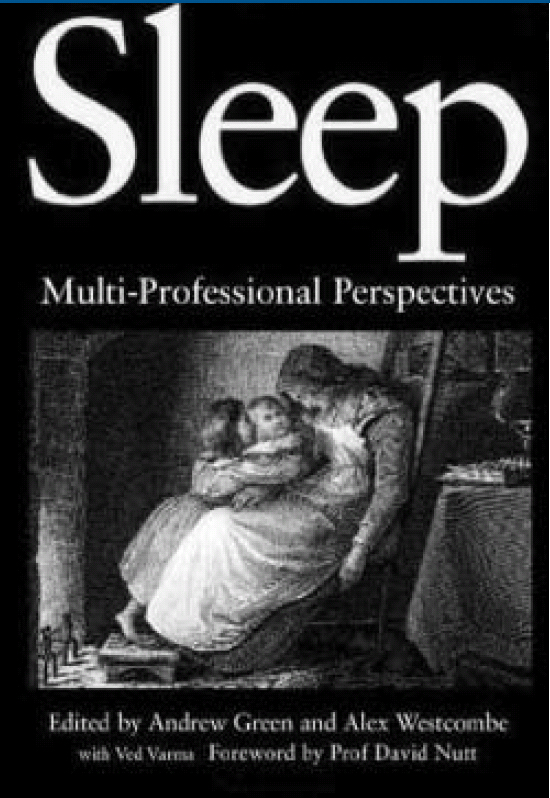
The strength of this book is the diversity of expertise of the authors, who provide an eclectic set of insights without assuming the phenotype of a daunting, oversized doorstop. The book moves through sleep physiology, measurement of sleep and sleep disorders using short, easily digestible stand-alone chapters which provide an entirely reasonable introduction for the generalist. For those specifically interested in mental health, there are also dedicated chapters on sleep psychiatry, sleep pharmacology and sleep in fatigue syndromes. However, for experienced sleep clinicians who may be interested in detailed technical aspects and involved debates pertaining to the merits (or otherwise) of ICSD 2 sleep disorders there will be little reward in this book.
It is rare to get the opportunity to be challenged and engaged on aspects of sleep that often are neglected but are clearly central to the way we understand how sleep and sleep disorders affect individuals, cultures and societies. For example, the current Western concepts of what is necessary for good sleep hygiene to encourage a monophasic sleep cycle, with the major sleep period at night, are compared with cultures where biphasic or polyphasic sleep are the norm, including the Japanese concept of inemuri, the Chinese custom of wushui and the more recent Western predilection for power naps. The medical anthropology and sociology of sleep are explored and provide an insight into cultural variations and thresholds of acceptability of what is considered normal and abnormal sleep in children and the elderly. The influence of religions and literature on sleep and attitudes towards sleep provide some fascinating insights.
The editors and contributors are to be applauded and I would highly recommend this book to a broad ‘target audience’, ranging from those with a passing interest in sleep to those who manage sleep disorders on a daily basis.



eLetters
No eLetters have been published for this article.